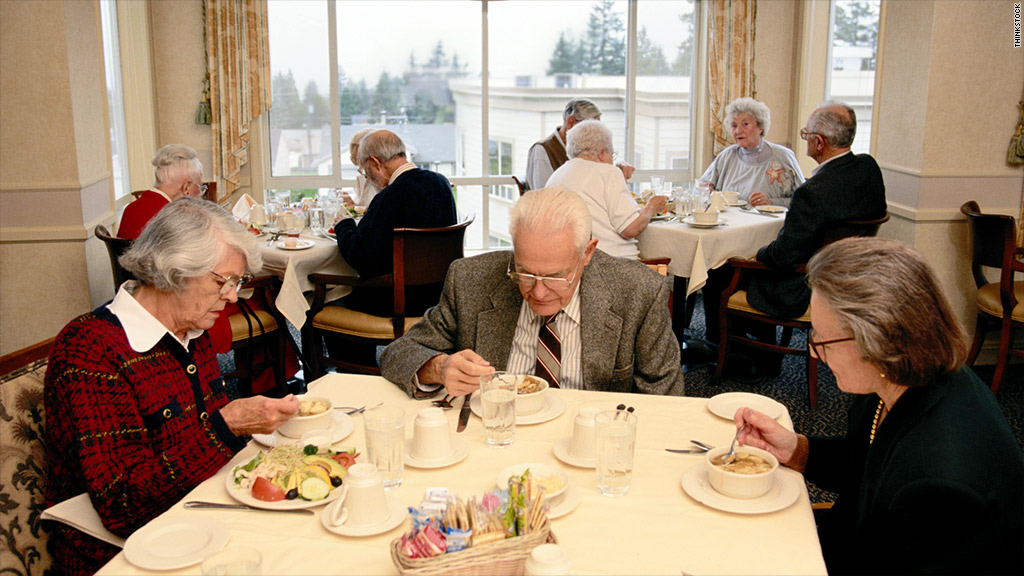 A bill currently under consideration at the State House would allow for cemeteries to designate an area "for the co-internment of both human and animal remains," making Massachusetts the fifth state to allow for such inter-species burial arrangements. At present, human cemeteries in the state are not permitted to bury animal remains; likewise, humans cannot opt to be buried in an animal cemetery. This prohibition forces pets and owners to be ripped apart for all eternity, defying the heavenly edict "What God has joined together, let no man put asunder"--that was about pet ownership, yes?
A bill currently under consideration at the State House would allow for cemeteries to designate an area "for the co-internment of both human and animal remains," making Massachusetts the fifth state to allow for such inter-species burial arrangements. At present, human cemeteries in the state are not permitted to bury animal remains; likewise, humans cannot opt to be buried in an animal cemetery. This prohibition forces pets and owners to be ripped apart for all eternity, defying the heavenly edict "What God has joined together, let no man put asunder"--that was about pet ownership, yes?
Not surprisingly, perhaps, there is some opposition to the proposed legislation. Guy Glodis of the State Cemetery Association expressed that there were "environmental concerns, sanitary concerns, religious concerns" to consider. However, the bill's legislative sponsor claims that no cemetery would be forced to accept animal burials. Arguing for the other side, Cheryl Traversi of the Animal Rescue League of Boston, makes this point: "This is your daily companion. It makes sense that you would want to be buried with your animal."
To learn more about this recent trend in other states, check out this NPR coverage.









